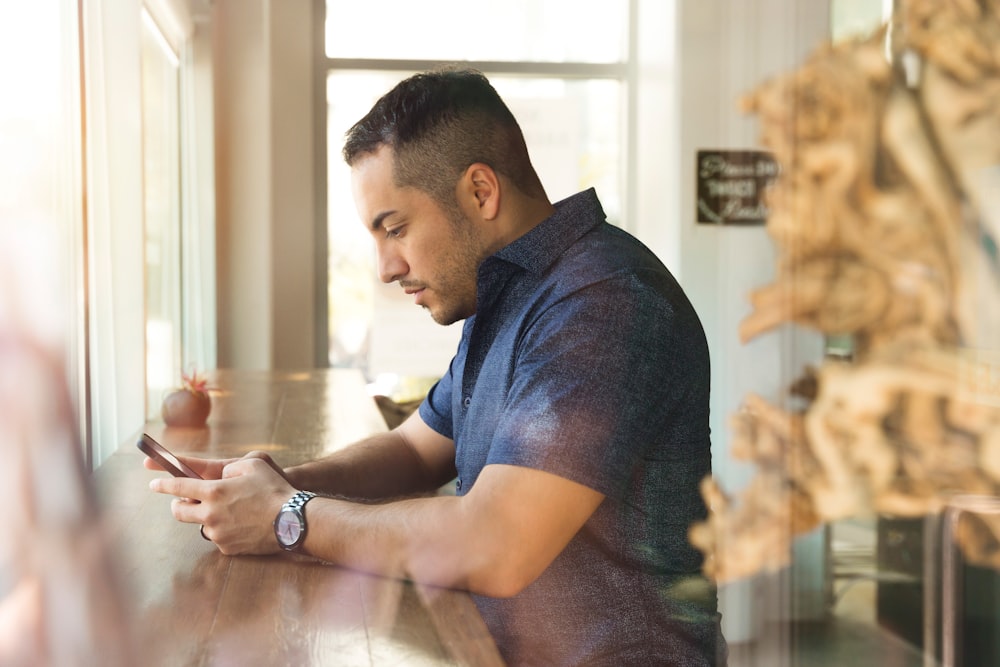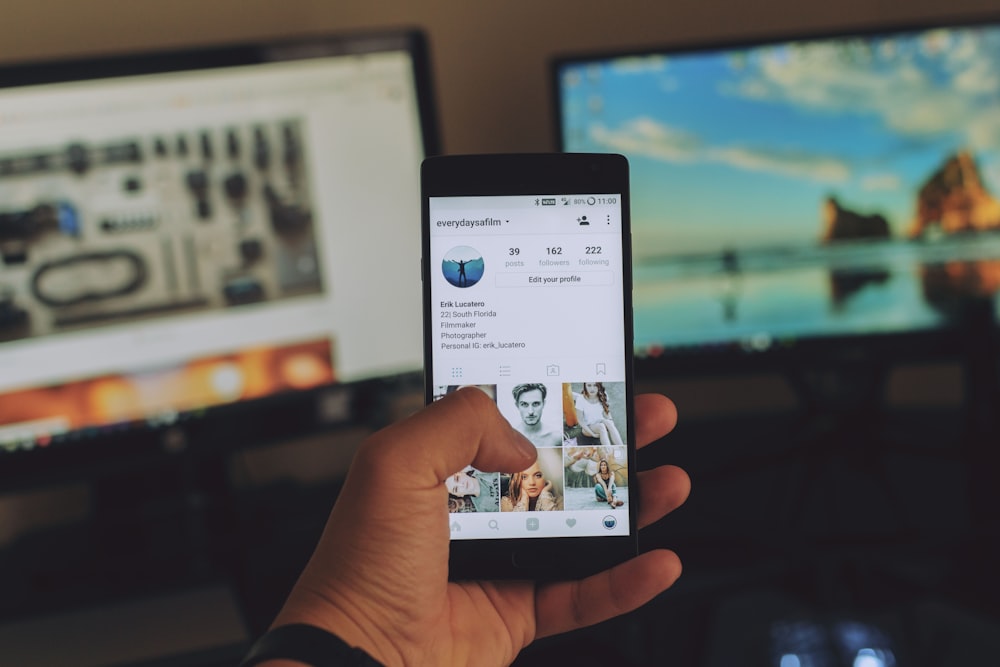The reasons for your possible back pain, headaches, and stress are more obvious than you could imagine. We are living in a technology world that drives us to damage our bodies and our minds. In recent years, as technology has become more affordable and accessible, Smartphones usage has increased and people started to face the same universal problems all over. To keep our mental and physical health on the right track, we have to identify the damages that smartphones cause.
Smartphone and Its Physical Influence

Smartphone Usage May Reshape Your Back
Back problems have proliferated in the last 10 years. The big reason is the use of laptops and Smartphones. This problem is famous with the name of ”I hunch”. That is a poor postural position which weakens our spinal muscles, makes us lean forward around 60 degrees to scroll our Smartphone, it results that our necks are forced to support an additional 5-6 kg; imagine this happens around 4 hours in a day as we spend browsing our mobile devices. Once this occurs our breathing becomes shallow which affects the clarity of mind, metabolism, digestion, and makes us tired. I hunch may result in depression and low self-esteem. Therefore, sitting up straight is always a good idea. Good posture affects our confidence level and makes us feel good about ourselves.
Your Fingers Start to Ache and Grow
Have you ever heard the term ”Text claw”? This term came to describe the cramping and aching of all fingers muscles because of constant gaming, scrolling and texting on smartphones. Sometimes it is described as a “Cell phone Elbow” that occurs after the elbow is bent for a long period of time. However, this is only one side. Smartphone usage for a long time resulted in 2.5 million of people now having one thumb larger than the other. This could be a result of swiping phone screens and grappling with handsets or devices that have grown in size.
Your Eyes Become Vulnerable and Sensitive
We hardly have any off-time from our phones from the minute we wake up. We check all our social apps, to-do lists, emails, and this continues until the late evening when we are still in bed. As we are staring at our phones, the exposure to blue-light (the glow emitted from most smartphones, tablets, and laptops) makes us blink a lot less, causing our eyes to dry out and damage the protective layer of moisture. The negative influence of blue light could be understood from these symptoms;
• Blurred vision
• Making errors
• Headaches
• Dry and red eyes
• Pain in shoulders and neck
• Difficulty in concentrating
Smartphone and Its Mental Influence

More Smartphone Usage Makes You Less Attentive
We live in an age of constant distractions. 24/7 we use our Smartphones which make us less attentive. Some researchers say that we are constantly moving our attention from each job every 3-5 minutes due to the notifications or the desire to check something on the phone. Notifications on phones draw our attention away from the task at hand, so completing it may ultimately require more effort. Switching our attention every time on and off requires cognitive effort and we end up more depleted at the end of the day. Increased multitasking reduces our brains’ ability to filter out information and makes it harder for our brains to commit information to memory.
In order to avoid this, we can set not-to-disturb-time on our phone, or keep the phone on silent mode and won’t get a constant stream of noise. This can be life-changing. In this case, we can choose when to utilize social media and won’t be constantly bombarded by somebody else’s agenda.
Stress level is increased
The source of nowadays problems are limitless, though the young generation found out a new reason to be stressed by; which is to have the latest and coolest smartphone on hand. The iPhone’s incredible evolution doesn’t give rest to the young people as they want to buy its latest version. In the case of failure, the stress level reaches its top. Though, this isn’t the only stressful side connected with smartphones.
As we use Smartphones to interact, communicate, show, or share something, we really get satisfied when it occurs successfully. After positive social stimuli such as likes and positive comments on social media dopamine is released in our brains. What if we don’t get the attention amount which we desire? Stress hormones take privilege which affects our brain, performance, and our function. We get tired, nervous which directly has a negative impact on our home life and personal relationships.
Decision making becomes harder
We may think that sometimes we lay down and merely scroll our phones without spending any energy. It turned out to be wrong. We make micro-decisions constantly, such as to open this or that notification or ignore it. As a result, we have to make for instance 500 such decisions at the end of a day. This micro decision-making process ends us up with no power for bigger decisions. Such cases make us feel more stressed and overwhelmed.
Phantom Vibration Syndrome
Have you ever felt your phone vibrate when it actually didn’t? According to some researchers we have become so connected to our phones that they have sort of become a “part of our bodies”. Any time something stimulates and triggers a sensation in an area where we keep our phone, we might believe it’s our phone. That is called phantom vibration syndrome. Studies show that nearly 90% of people experience this symptom.
Conclusion
Smartphones are wonderful devices if we use them correctly without hurting our physical and mental health. The last things are hard to cure. It would be way easier to get rid of the bad habits relating to smartphone usage. The time we spend on those devices is irreversible.
We should monitor our time when we use our smartphone, don’t use it when it is unnecessary; for example during meals or face to face conversations, deeply reconsider how and when we should rely on our device.
By practicing these tips we will be in charge of ourselves and our time. We have to use technology in a way that helps us rather than controls us!.


